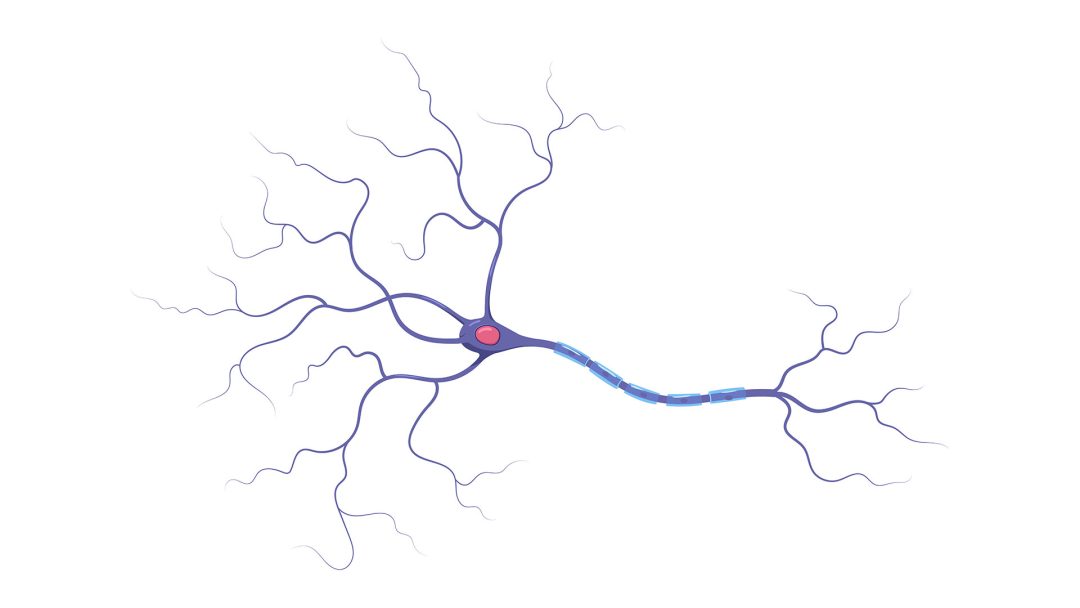ALS - Amyotrophic Lateral Sclerosis

ALS stands for amyotrophic lateral sclerosis. It is a neurodegenerative disease that affects motor nerve cells in the brain and spinal cord. ALS leads to progressive muscle atrophy, painful muscle spasms and ultimately to paresis, which can cause difficulties with speaking, swallowing and breathing as the disease progresses.
In rare cases, amyotrophic lateral sclerosis is hereditary, this is the familial form of ALS. However, the majority of patients are affected by the sporadic form of ALS, the causes of which are not known.
Symptoms of ALS
The first symptoms of ALS only appear when a large number of motor neurons are affected. The symptoms include:
- Muscle weakness in the hands, arms and legs
- Unsteadiness when walking
- Problems with swallowing and speaking
- Shortness of breath
- Fatigue and depression
- Occasionally difficulty breathing
Causes of ALS
In patients with ALS, pathological deposits of a certain protein are found in the affected nerve cells. Such protein aggregates are also found in other neurodegenerative diseases such as Parkinson’s or Alzheimer’s.
It is likely that several causes lead to the onset of ALS. There are the following hypotheses and risk factors in the development of the disease:
- Poisoning of the body by toxins such as heavy metals, for example mercury (e.g. amalgam fillings)
- Accumulation of glutamate in the central nervous system. Glutamate has a neurotoxic effect in high concentrations
- Intestinal dysbiosis and damaged blood-brain barrier
- High physical activity and low body weight
- Genetic predispositions in the structure of nerve cells
Diagnosis and Treatment of ALS
The diagnosis of ALS requires careful clinical examinations, imaging such as MRI and neurophysiological tests.
From a conventional medical point of view, there is no cure for ALS, but therapeutic approaches such as physiotherapy, occupational therapy and speech therapy can improve quality of life and slow down the progression of symptoms. Symptoms can be alleviated with the help of medication.
From the point of view of integrative medicine, special laboratory tests should first be carried out in order to draw conclusions about physical imbalances. This provides information about possible genetic predispositions, toxic stress, intestinal health or the condition of the blood-brain barrier.
On this basis, the appropriate therapeutic approaches can be developed.
If there are deficiencies in vitamins, minerals and trace elements, these can be compensated for by infusions or dietary supplements. Harmful substances should be removed from the body – detoxification or INUSpheresis® are used for this purpose. Chronic inflammation in the body, e.g. hidden jaw inflammation, which can cause further aggravation of the condition, should be treated gently.
Dr. med. Karsten Ostermann M.A.
Individual, complex treatment plans are necessary for the integrative treatment of ALS. Therapy should be interdisciplinary and involve therapists from different medical fields.

Further information
The information listed contains relevant topics and serves to improve understanding.